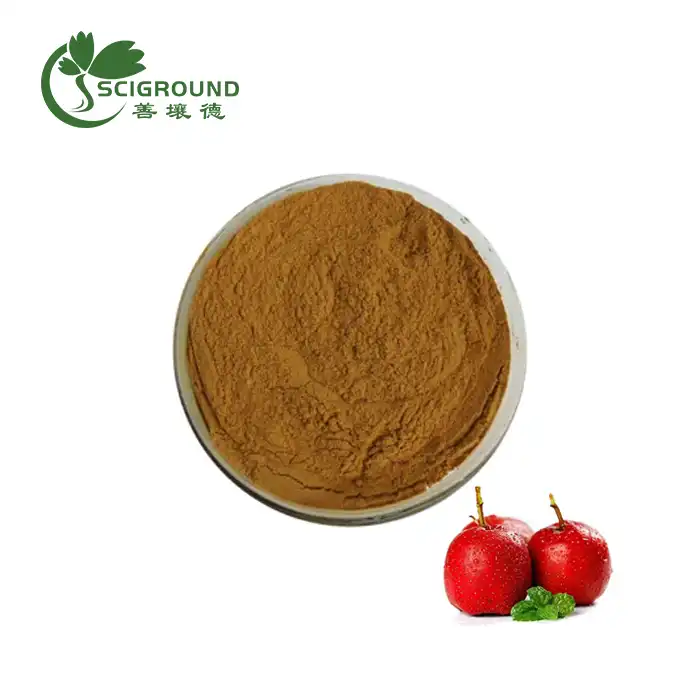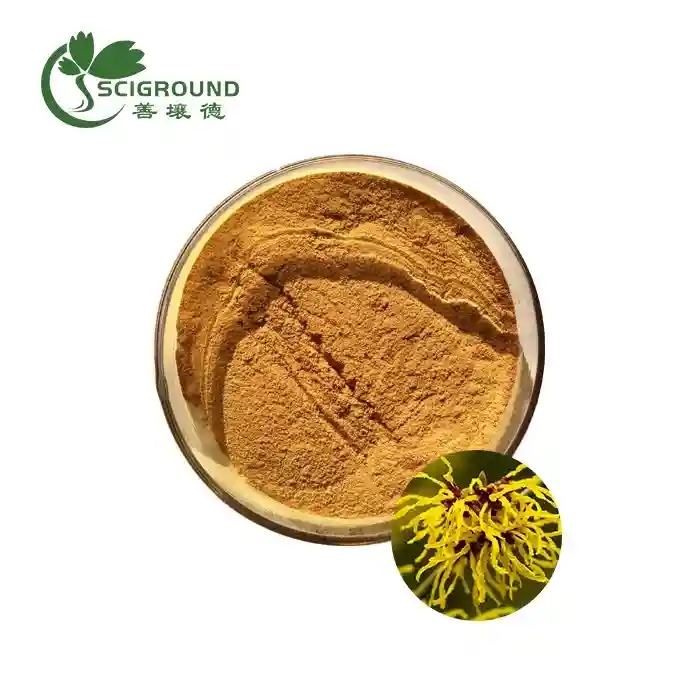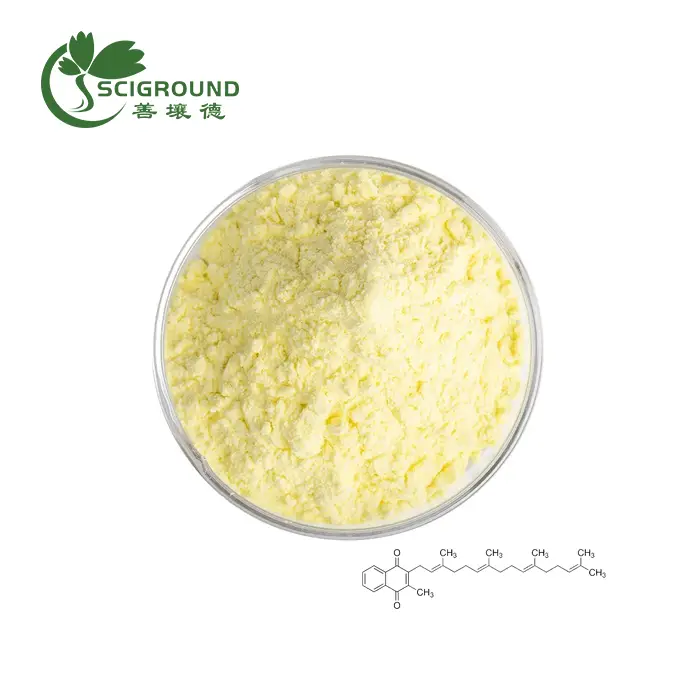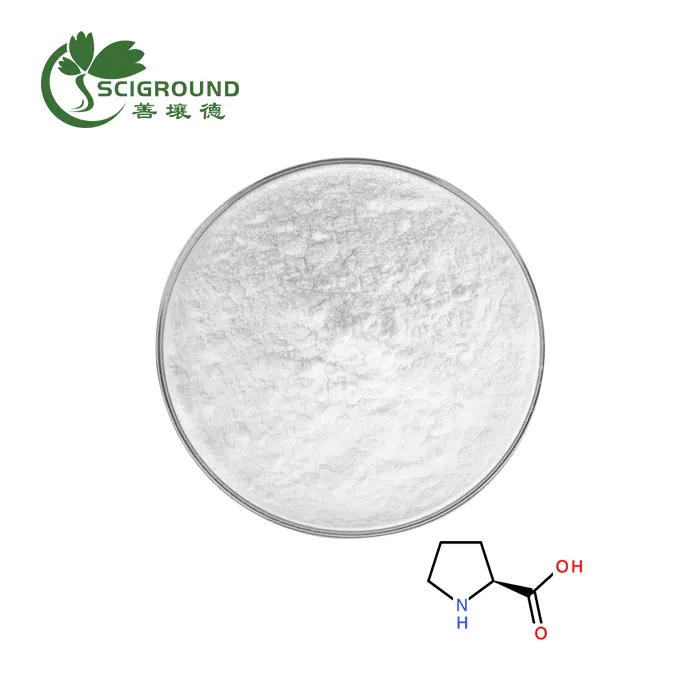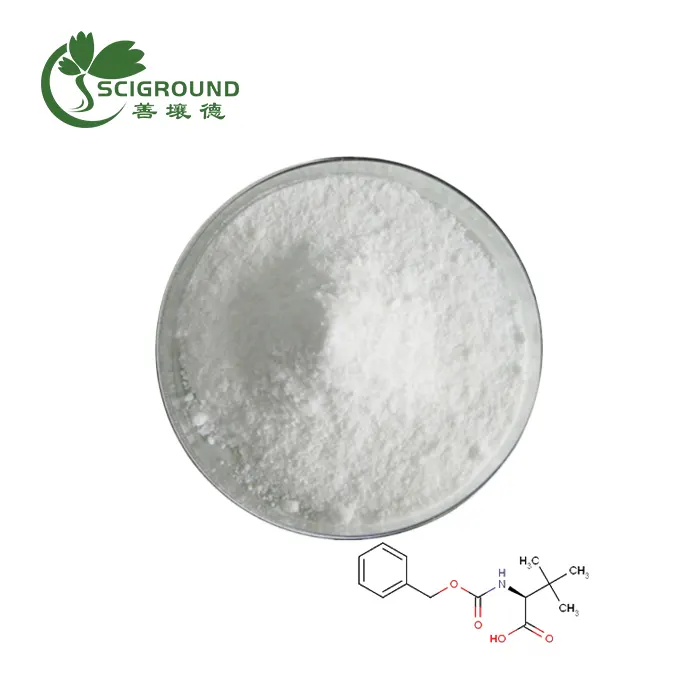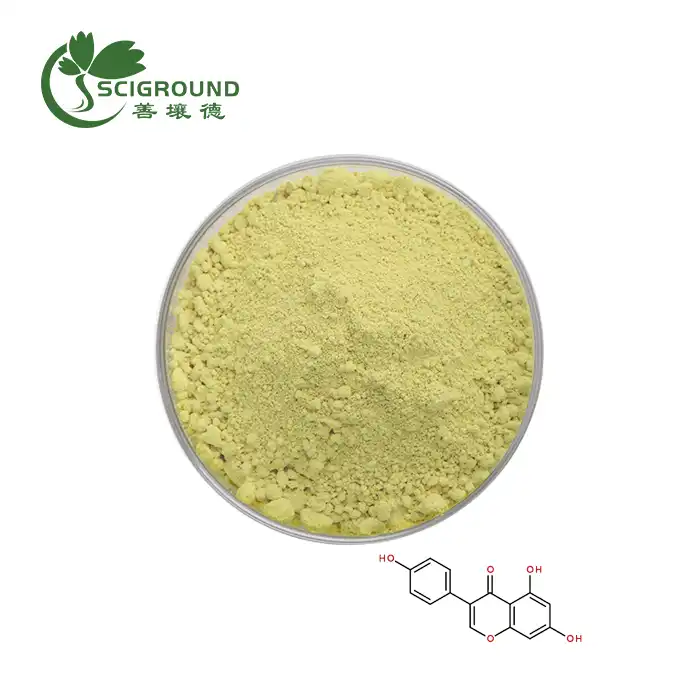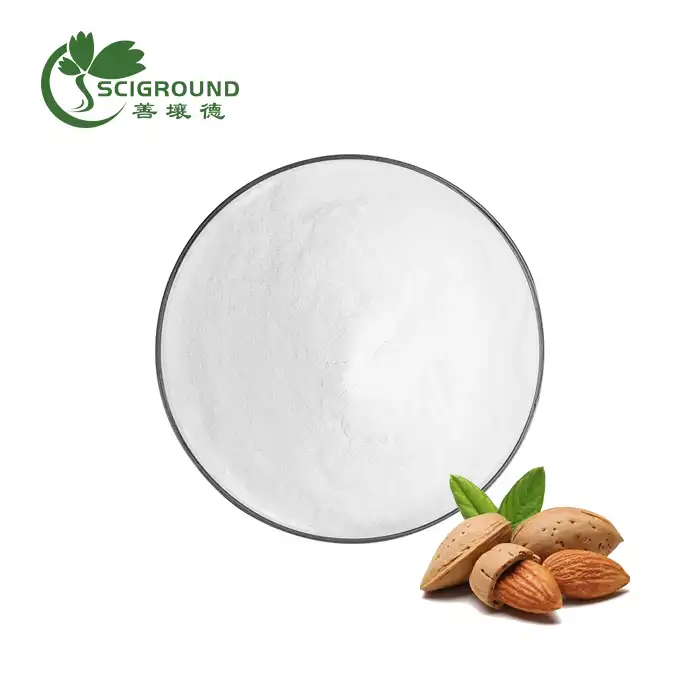What is algal DHA oil?
Algal DHA oil is a plant-based source of omega-3 fatty acids, specifically docosahexaenoic acid (DHA) and eicosapentaenoic acid (EPA). Unlike traditional fish oil, algal DHA oil is derived from marine microalgae, making it a sustainable and vegan-friendly alternative. This innovative oil has gained popularity due to its numerous health benefits and eco-conscious production methods.
Algal DHA oil is produced by cultivating specific species of microalgae, such as Crypthecodinium, Nannochloropsis, Schizochytrium, Prototheca, and Ulkenia. These algae naturally synthesize DHA and EPA, which are then extracted and purified to create a high-quality oil rich in omega-3 fatty acids.
Is algal DHA better than fish oil?
While both algal DHA oil and fish oil provide essential omega-3 fatty acids, algal DHA oil offers several unique advantages:
- Vegan-friendly: Algal DHA oil is entirely plant-based, making it suitable for vegetarians and vegans who avoid animal products.
- Sustainable: The production of algal DHA oil doesn't contribute to overfishing or marine ecosystem disruption.
- Contaminant-free: Unlike fish oil, algal DHA oil is free from potential contaminants such as mercury, PCBs, and dioxins that can accumulate in fish.
- Odorless: Algal DHA oil doesn't have the fishy smell or aftertaste often associated with fish oil supplements.
- Allergen-free: It's a safe option for individuals with fish allergies or sensitivities.
In terms of nutritional value, algal DHA oil is comparable to fish oil. Both provide similar amounts of DHA and EPA, which are crucial for various bodily functions. However, algal DHA oil often contains a higher concentration of DHA compared to EPA, while fish oil typically has a more balanced ratio of the two.
Research has shown that algal DHA oil is just as effective as fish oil in raising blood levels of DHA. A study published in the Journal of the American Dietetic Association found that algal DHA supplements increased blood DHA levels to the same extent as cooked salmon.
What is DHA oil good for?
DHA oil, whether derived from algae or fish, offers a wide range of health benefits. Here are some of the key advantages of incorporating DHA oil into your diet:
Brain Health and Cognitive Function
DHA is a crucial component of brain tissue and plays a vital role in cognitive function. Regular consumption of DHA oil may:
- Enhance memory and learning abilities
- Support brain development in infants and children
- Potentially reduce the risk of age-related cognitive decline and neurodegenerative diseases
Heart Health
Omega-3 fatty acids, including DHA, are renowned for their cardiovascular benefits. DHA oil may help:
- Lower triglyceride levels
- Reduce blood pressure
- Decrease the risk of arrhythmias
- Improve overall heart health
Eye Health
DHA is a major structural component of the retina. Adequate DHA intake may:
- Support visual development in infants
- Reduce the risk of age-related macular degeneration
- Alleviate symptoms of dry eye syndrome
Pregnancy and Fetal Development
DHA is crucial for fetal development, particularly during the third trimester when rapid brain growth occurs. Adequate DHA intake during pregnancy may:
- Support proper brain and eye development in the fetus
- Reduce the risk of preterm birth
- Potentially enhance cognitive outcomes in children
Inflammation Reduction
DHA has anti-inflammatory properties that may help alleviate symptoms of various inflammatory conditions, including:
- Rheumatoid arthritis
- Asthma
- Inflammatory bowel diseases
Mental Health
Emerging research suggests that DHA may play a role in mental health. Regular consumption of DHA oil may:
- Help alleviate symptoms of depression and anxiety
- Potentially improve symptoms of ADHD in children
- Support overall emotional well-being
While these benefits are promising, it's important to note that more research is needed to fully understand the extent of DHA's effects on various health conditions. As with any supplement, it's advisable to consult with a healthcare professional before adding DHA oil to your regimen.
What are the side effects of DHA algal oil?
While algal DHA oil is generally considered safe for most people, some individuals may experience side effects, particularly when consuming high doses. It's important to be aware of potential adverse effects and to use algal DHA oil responsibly.
Common Side Effects
Most side effects associated with algal DHA oil are mild and may include:
- Digestive discomfort: Some people may experience bloating, gas, or diarrhea.
- Fishy aftertaste: Although less common than with fish oil, some users report a mild fishy taste or burps.
- Nausea: In rare cases, algal DHA oil may cause feelings of nausea.
Potential Risks and Interactions
While generally safe, algal DHA oil may pose risks for certain individuals:
- Blood thinning: High doses of omega-3 fatty acids can have a blood-thinning effect. This may increase the risk of bleeding, especially in people taking anticoagulant medications.
- Low blood pressure: DHA can lower blood pressure, which may be problematic for individuals already taking blood pressure medications.
- Allergic reactions: Although rare, some people may be allergic to algae-derived products.
- Increased blood sugar: Some studies suggest that high doses of omega-3s may slightly increase blood sugar levels in people with diabetes.
Precautions and Recommendations
To minimize the risk of side effects and ensure safe consumption of algal DHA oil:
- Start with a low dose and gradually increase as tolerated.
- Follow the recommended dosage on the product label or as advised by a healthcare professional.
- Take the supplement with food to reduce the likelihood of digestive discomfort.
- If you're pregnant, nursing, or have any pre-existing medical conditions, consult your doctor before starting algal DHA oil supplementation.
- Inform your healthcare provider about all medications and supplements you're taking to avoid potential interactions.
It's worth noting that the European Food Safety Authority recommends a maximum daily intake of 5,000 mg of combined EPA and DHA from supplements. Staying within this limit can help minimize the risk of adverse effects.
In conclusion, algal DHA oil offers a sustainable and vegan-friendly source of essential omega-3 fatty acids. Its numerous health benefits, coupled with its eco-conscious production, make it an attractive alternative to traditional fish oil. While generally safe, it's important to use algal DHA oil responsibly and be aware of potential side effects and interactions.
If you're considering adding algal DHA oil to your diet, we recommend consulting with a healthcare professional to determine the right dosage for your individual needs. With proper use, algal DHA oil can be a valuable addition to a healthy lifestyle, supporting brain function, heart health, and overall well-being.
Call to Action
Are you interested in incorporating high-quality algal DHA oil into your product line or personal health regimen? Shaanxi SCIGROUND offers premium algal DHA oil and powder, produced with the highest standards of quality and purity. For more information about our products, including customization options and bulk orders, please contact us at info@scigroundbio.com. Our team of experts is ready to assist you in finding the perfect algal DHA solution for your needs.
References
1. Arterburn, L. M., et al. (2007). Bioequivalence of docosahexaenoic acid from different algal oils in capsules and in a DHA-fortified food. Lipids, 42(11), 1011-1024. 2. Bourre, J. M. (2005). Dietary omega-3 fatty acids and psychiatry: mood, behaviour, stress, depression, dementia and aging. Journal of Nutrition, Health & Aging, 9(1), 31-38. 3. Guesnet, P., & Alessandri, J. M. (2011). Docosahexaenoic acid (DHA) and the developing central nervous system (CNS) - Implications for dietary recommendations. Biochimie, 93(1), 7-12. 4. Lane, K. E., et al. (2014). Bioavailability and potential uses of vegetarian sources of omega-3 fatty acids: a review of the literature. Critical Reviews in Food Science and Nutrition, 54(5), 572-579. 5. Martins, D. A., et al. (2013). Alternative sources of n-3 long-chain polyunsaturated fatty acids in marine microalgae. Marine Drugs, 11(7), 2259-2281. 6. Swanson, D., et al. (2012). Omega-3 fatty acids EPA and DHA: health benefits throughout life. Advances in Nutrition, 3(1), 1-7.
Related Industry Knowledge
- How to Extract Persimmon Pulp
- Is quercetin the same as CoQ10?
- is pumpkin seed protein powder good for you
- Inulin vs Psyllium
- L-serine VS Phosphatidylserine
- Brown Rice Protein vs Pea Protein
- The Power of Pumpkin Protein: A Nutritional Powerhouse for Your Health
- BCAA Side Effects
- Pueraria Flavonid: Benefits and Side Effects
- What is Euphoscopin B?
